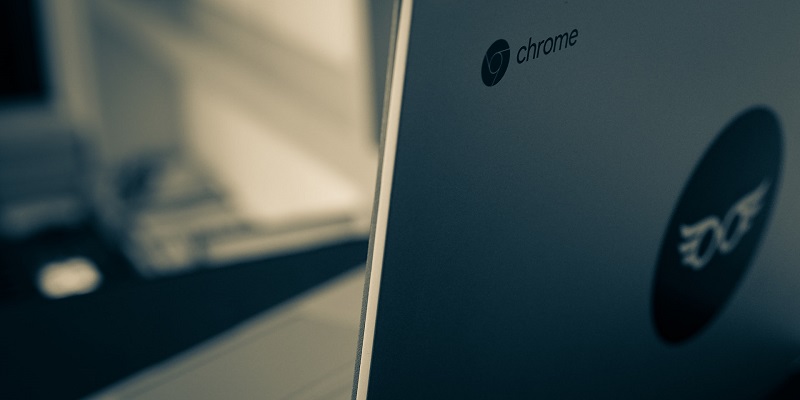In less than a week, Google is set to release its highly anticipated Chromebook Plus, a new line of laptops that promises improved performance and a more satisfying user experience. This is partly thanks to the company’s forthcoming ChromeOS update, which brings exciting new features and enhancements to the table. The collaboration between Google and its four leading system OEMs, namely Acer, Asus, HP, and Lenovo, has resulted in the development of these cutting-edge devices.
Collaboration with leading OEMs
Google recognized the importance of collaboration in delivering a top-notch product and actively worked alongside Acer, Asus, HP, and Lenovo. By leveraging the expertise and capabilities of these OEMs, Google ensured that the Chromebook Plus line meets the highest standards in terms of functionality, design, and performance. This collaboration highlights a unified commitment to pushing the boundaries of what Chromebooks can offer.
Memory and storage
One key aspect that sets the Chromebook Plus line apart is its impressive memory and storage capacity. All models in this series will come equipped with a minimum of 8GB of memory and 128GB of local storage. This upgrade allows users to effortlessly multitask, run resource-intensive applications, and store their digital content without worrying about running out of space. With this increased memory and storage, users can enjoy a seamless and efficient computing experience.
Upgraded webcam
Gone are the days of grainy video calls and blurry images. The Chromebook Plus line takes a step forward by ditching Google’s typical 720p webcams in favor of 1080p or better alternatives. This improvement ensures crystal-clear video quality, whether you’re engaging in video conferences, attending virtual classes, or capturing precious memories through video chats. The enhanced webcam adds a new dimension to the Chromebook Plus line, making it ideal for those who value high-quality visuals.
OEM contributions
Each OEM involved in the Chromebook Plus line will introduce two new laptops, further expanding the range of options available. Acer’s Chromebook Plus 514 is worth mentioning as it offers an AMD option with the Ryzen 5 7520 C-series. Additionally, it features a smaller 14-inch screen, giving users the choice between touch or non-touch functionality. Asus’ Chromebook Plus CX34, another clamshell model, rivals Acer’s 514 in terms of processor, RAM, and storage, providing customers with yet another appealing option.
HP Chromebook Plus x360 14c
HP’s contribution to the Chromebook Plus line is the mouthful of a device called the Chromebook Plus x360 14c. This laptop boasts a versatile 360-degree hinge, allowing users to switch between laptop and tablet modes effortlessly. Similar to Asus’ CM34 Flip, the x360 14c offers 8GB or 16GB of memory options and a range of storage capacities (128GB, 256GB, or 512GB), ensuring ample space for all your digital needs. HP’s inclusion in the Chromebook Plus line brings a sleek and convertible option to users, enhancing flexibility and usability.
Affordability of the Chromebook Plus
Despite the impressive performance and features offered by the Chromebook Plus line, Google has made sure to keep the devices relatively affordable. The base configurations of these laptops range from $399 to $789, making them accessible for a wide range of customers. This affordability, coupled with the enhanced capabilities of the Chromebook Plus line, sets a new standard for value in the market.
With the imminent release of the Chromebook Plus line, Google and its leading OEM partners have set the stage for a new era in Chromebook technology. These devices, developed through collaboration and innovation, offer improved performance, memory, storage, and video quality. The diversity of options provided by Acer, Asus, HP, and Lenovo ensures that users can find the perfect fit for their individual needs. Furthermore, the affordability of the Chromebook Plus line makes this powerful technology accessible to a wider audience. As we await their release, anticipation mounts for the enhanced performance and user experience these new laptops will bring.

